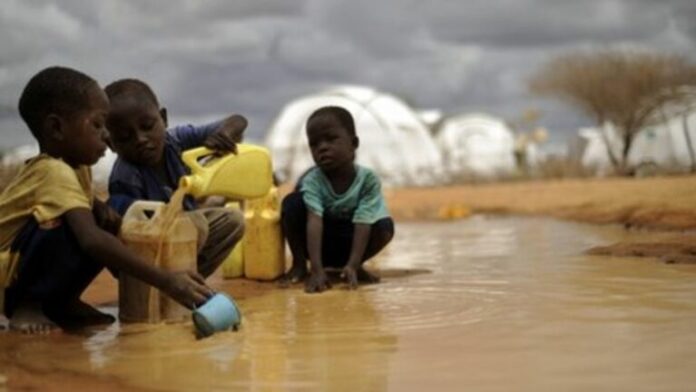The Nigeria Centre for Disease Control and Prevention (NCDC) has advised state governments to propagate activities that promote safe water availability and usage, basic sanitation, and adequate hygiene practices in communities.
The call is contained in a comprehensive advise sent to the general public, healthcare personnel, and state governments on cholera prevention measures.
Between January 1 and June 11, the center recorded 1,141 suspected cholera cases, 65 confirmed cases, and 30 fatalities in 96 local government areas (LGAs) throughout 30 states.
The NCDC stated that ten states—Bayelsa, Zamfara, Abia, Cross River, Bauchi, Delta, Katsina, Imo, Nasarawa, and Lagos—account for 90 percent of the country’s cholera burden.
Cholera is a food and water-borne disease caused by Vibrio cholerae, which is transmitted by contaminated water and food.
Water contamination is mainly caused by sick persons’ feces, which occur during water collection, transit, or storage at home. Unwashed hands might potentially contaminate food during preparation or eating.
According to the center, at-risk groups include individuals who have limited access to clean water, poor sanitation and hygiene, consumers of possibly infected food or fruits who do not wash and prepare them properly, and healthcare staff who provide direct patient care without taking necessary measures.
The center reported that cholera symptoms include abrupt, copious, painless watery diarrhea (rice water stools), rapid onset vomiting, and nausea and fever.
Severe instances might result in death within hours owing to dehydration from significant fluid loss.
However, the NCDC emphasized that the majority of infected people (about 80%) may experience moderate symptoms or be asymptomatic.
The NCDC emphasized that the best way to prevent cholera is to provide access to safe drinking water, effective sanitation and waste disposal, and the use of basic hygiene habits, such as regular hand washing.
It cautioned against eating raw fruits and vegetables, meals from street sellers, and raw or undercooked seafood.
“Protect cooked food and boiling water from fly contamination and improper handling.
“Leftover food should be reheated thoroughly before consumption,” he stated.
To prevent the transmission of illness, those suffering with diarrhea should refrain from making or serving meals or transporting water to others.
“Avoid open defecation and indiscriminate waste disposal. Proper garbage disposal and frequent sewage clearance are required.
“Anyone experiencing sudden watery diarrhoea should seek immediate medical attention and refrain from self-medication,” urged the doctor.
It stated that Nigerians should always take normal safety precautions, including as donning gloves when handling patients or providing care to sick people.




